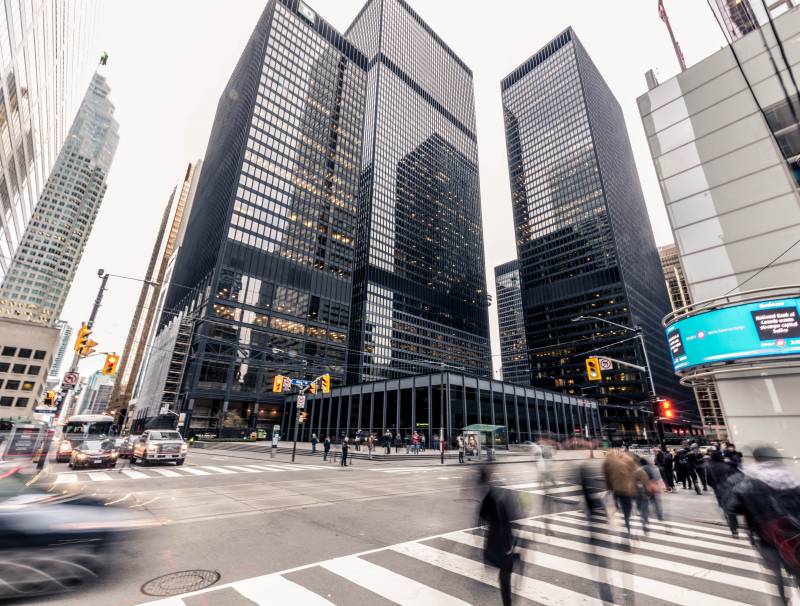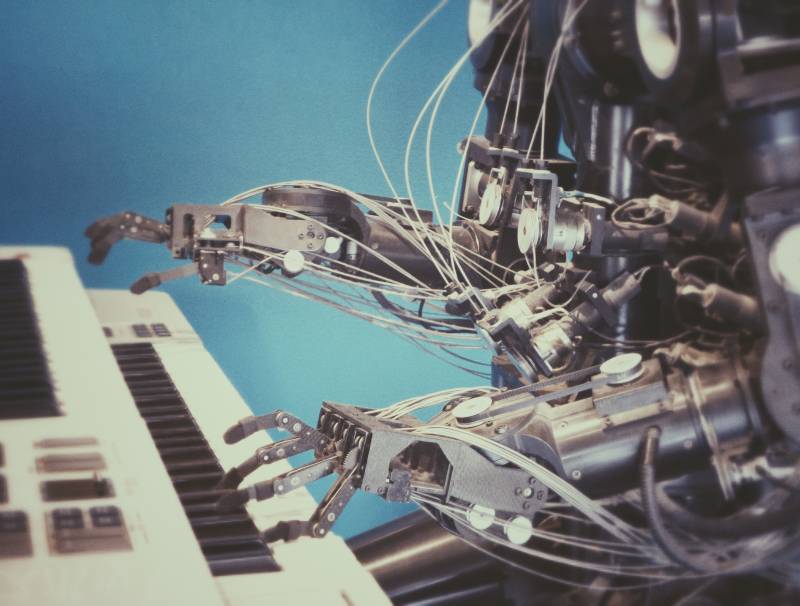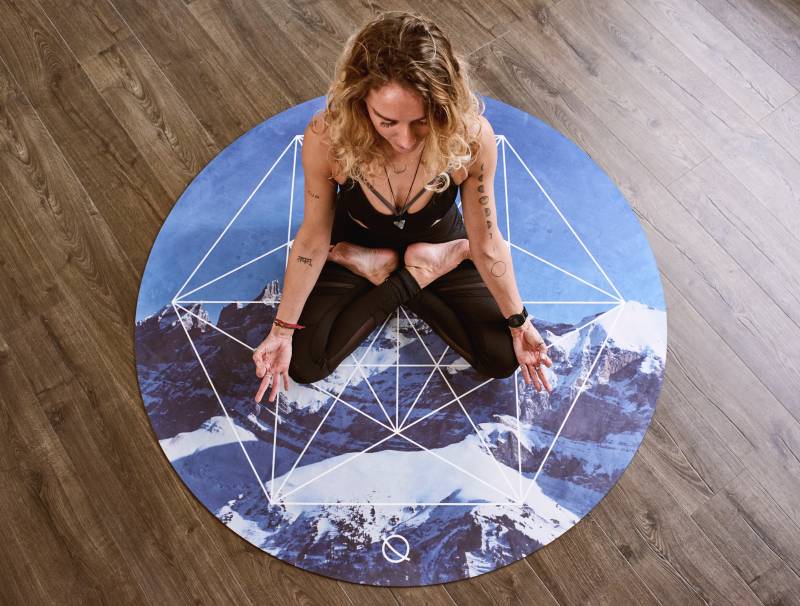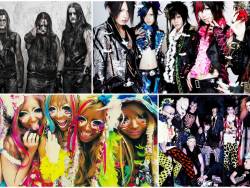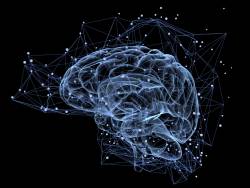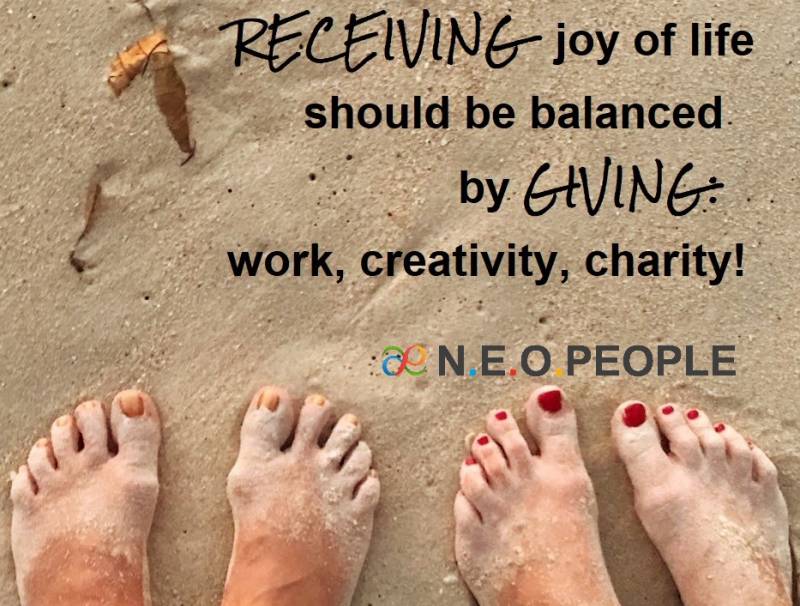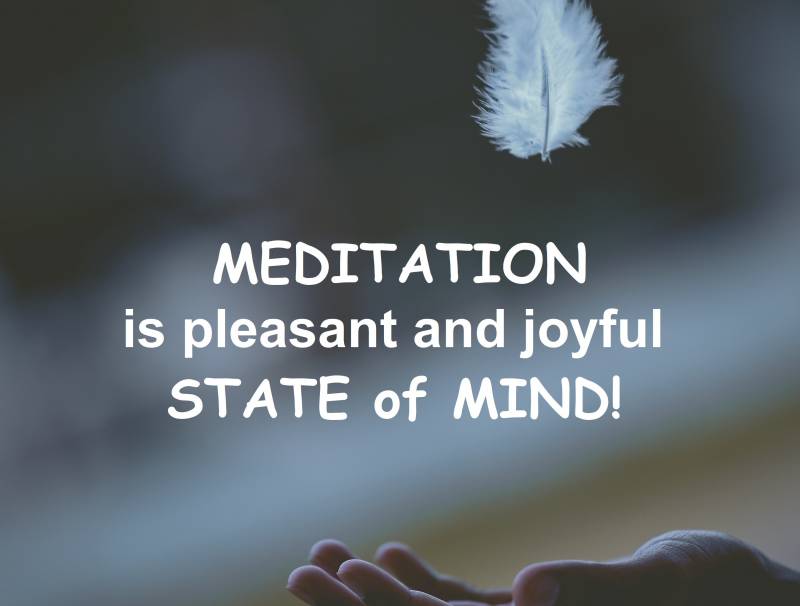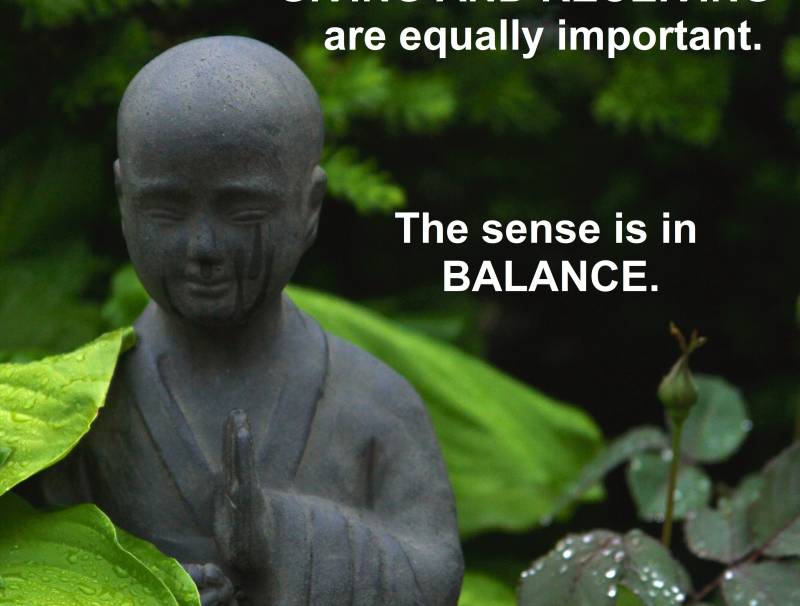ECO MIND – „PERMACULTURE” APPROACH
When we talk about the N.E.O. People approach we are often asked what N.E.O. actually is. N stands for new, E stands for ECO minded, O stands for open heart and open mind. Ok, the “N” and “O” are rather clear for all of us, while “ECO minded” has something to do with ecological approach, right?
Well, there is more to it. When discussing with people what they often look for with regards to their life the answer turns out to be balancing between ecologic and economical aspects of living. That gives in fact the best description of an ECO mind if we take a look at the resources provided to us both from ecological and from economical perspectives. With the help of my dear friend I have just recently found out that the name for this whole culture of living is Permaculture!
Permaculture is a system combining agriculture and social design principles. From my understanding, this system lies about being conscious about what you take and give back in order to save the ecosystem around you.
The term “permaculture” was coined and then developed by David Holmgren, back then a graduate student and his professor Bill Mollison in 1978. The word permaculture originally referred to "permanent agriculture", but its meaning was expanded to stand also for "permanent culture", as it was understood that social aspects were integral to a truly sustainable system as inspired by Masanobu Fukuoka’s natural farming philosophy.
Here are twelve Permaculture design principles listed in this philosophy which we can transfer to our everyday life philosophy in accordance with the N.E.O. People approach:
- Observe and interact:
Example of redesigning the agricultural base:
Agriculture: By taking time to interact with nature we can design solutions that suit our particular situation.
People: By taking time to build relationships within a group we can design solutions that would effectively influence our particular situation.
- Catch and store energy: By developing systems that collect resources at peak of their abundance, we can use them in times of need. As an example, people increasingly collect rain water for the household usage, which significantly lowers their consumption of clean water unnecessarily.
- Obtain a yield: Ensure that you are getting really useful rewards as part of the work that you are doing.
- Apply self-regulation and accept feedback: We need to discourage inappropriate activity to ensure that all systems can continue to function well.
- Use and value renewable resources and services: Make the best use of nature's abundance to reduce our consumptive behavior and dependence on non-renewable resources.
- Produce no waste: By valuing and making use of all the resources that are available to us, nothing goes to waste.
- Design from patterns to details: By stepping back, we can observe patterns in nature and society. These can form the backbone of our designs, and we can complete the scheme with the details in the process.
- Integrate rather than segregate: By putting the right things in the right place, relationships develop between those things and they work together to support each other.
- Use small and slow solutions: Small and slow systems are easier to maintain than big and fast changing ones, making better use of local resources and producing more sustainable outcomes.
- Use and value diversity: Diversity reduces vulnerability to a variety of threats and takes advantage of the unique nature of the environment in which it resides.
- Use edges and value the marginal: The interaction between things is where the most interesting events take place. These are often the most valuable, diverse and productive elements of the system.
- Creatively apply and respond to change: We can produce a positive impact or inevitable change by careful observation, and then intervention at the right time.
I would be very happy if the whole Permaculture philosophy motivates you towards a further discussion. Feel free to comment this article and express your ideas and observations.
All in all, it is said that Permaculture is about permanent culture. For me, Permanent means something consistent, something very close to my values. Culture is something that defines us not only as individuals but also as a community. Let us talk about our culture and values. That is what makes our believes stronger and easier to share with others.




